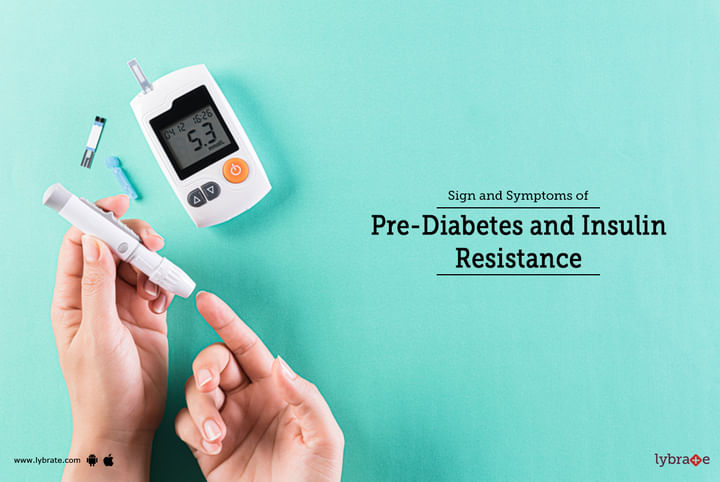Sign and Symptoms of Pre-Diabetes and Insulin Resistance
Diabetes is one of the most common conditions, which affects people around the globe. Most people know what diabetes refers to – elevated blood sugar levels in the body. However, do you know what pre-diabetes means? Pre-diabetes is a state where the glucose levels in your body are higher than normal, but not high enough for the doctor to declare you a diabetic.
What does pre-diabetes signify?
When your body’s blood glucose levels are higher than normal, it may mean one of two things –
-
Your body is becoming resistant to the effects of insulin, which explains the presence of high glucose in the blood.
-
The beta cells in your pancreas are unable to produce enough insulin for the conversion of glucose in the blood into energy.
Risk factors for pre-diabetes
Genetic and lifestyle factors are responsible for affecting people with pre-diabetes. These risk factors include –
-
Obesity
-
Over 45 years of age
-
Family history of diabetes
-
Insufficient physical activity and exercise
-
Hypertension
-
High cholesterol
-
History of gestational diabetes
-
History of stroke and/or cardiac disease
-
Polycystic ovary syndrome (PCOS)
Common symptoms of pre-diabetes
Insulin resistance does not have noticeable symptoms. In some cases, dark patches may form over the skin on your underarms and neck indicating the problem. Another symptom that you may face from the condition is the growth of skin tags in certain regions.
Diagnosing pre-diabetes
A blood test is the most common way to diagnose pre-diabetes. Other tests include –
-
Fasting plasma glucose test (FPG)
-
A1C test
-
Oral glucose tolerance test (OGTT)
You should undergo pre-diabetes screening tests if you are overweight. Similarly, consider undergoing these tests if you have a family history of insulin resistance and type 2 diabetes.
Treating pre-diabetes
If you do not take steps to stop pre-diabetes, it will progress into diabetes in the future. Therefore, prevention is the best option in this case. If you are overweight, losing the extra pounds will help you greatly. Try to increase your daily activity and exercise regularly. Additionally, stick to a healthy diet. Speak with your doctor regarding a proper diet.


+1.svg)
